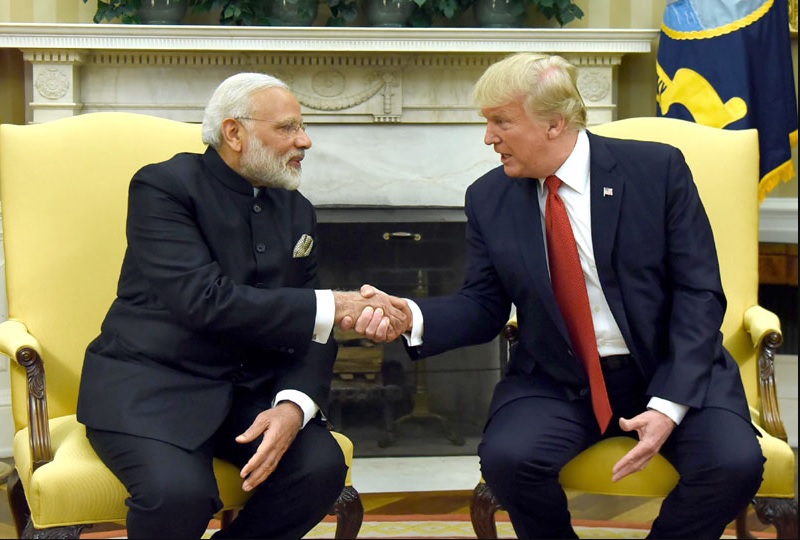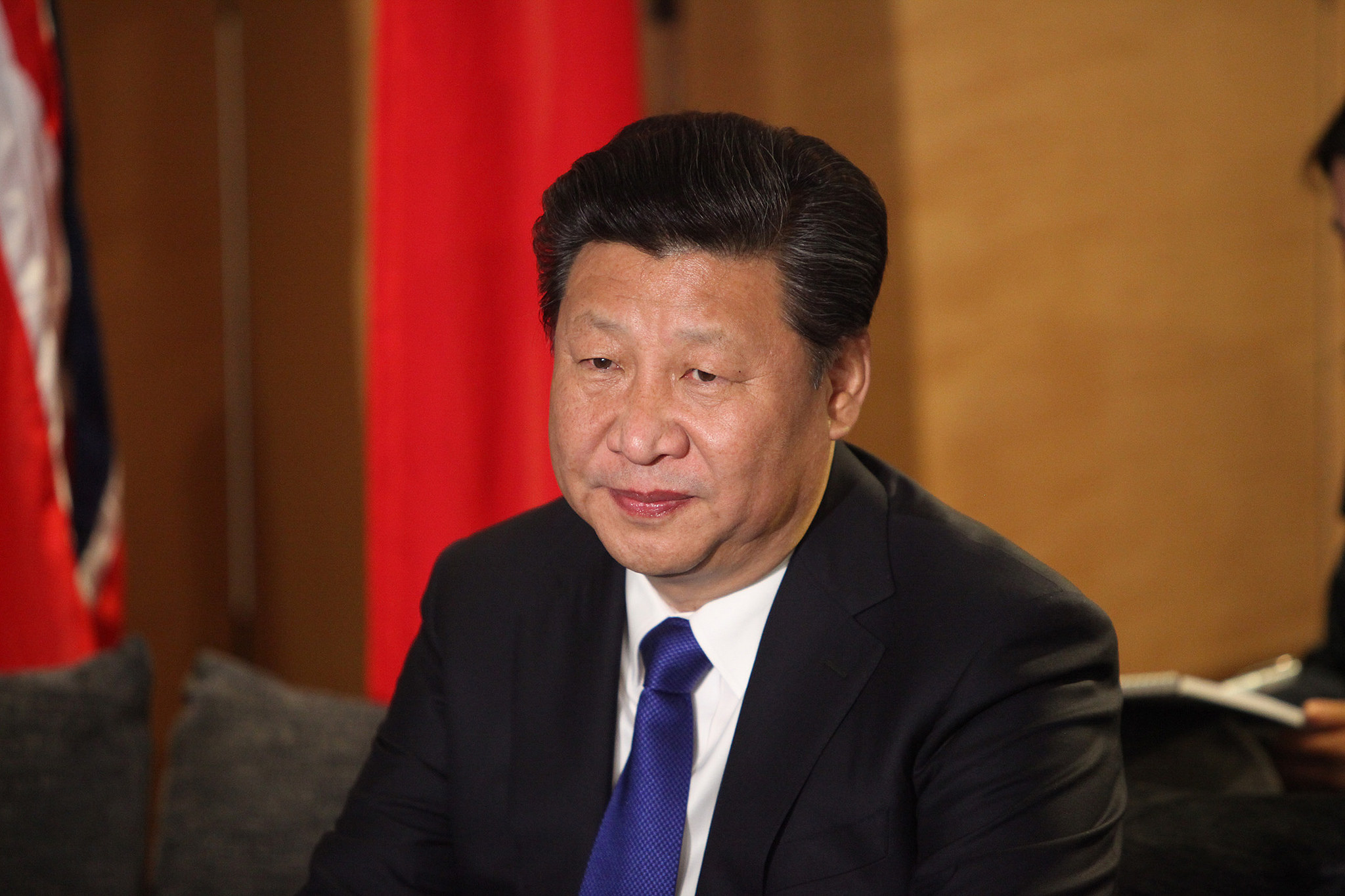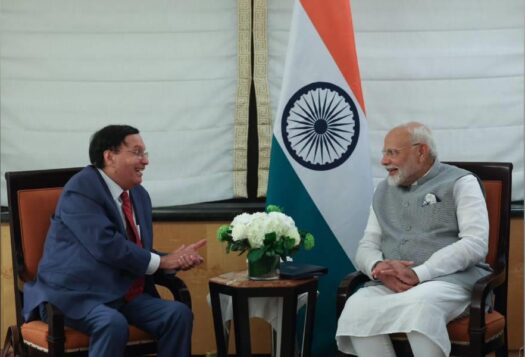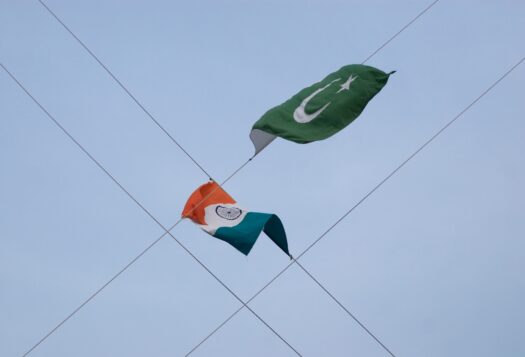
Indian premier Narendra Modi’s stellar campaign to secure a seat at the high table of the Nuclear Suppliers Group (NSG) failed, yet again, to yield a resolution favoring India during the 27th plenary meeting in Bern in June. Participating states have agreed to convene another informal meeting in November, giving India a chance to regroup and prepare its plan for full membership.
However, India’s bid may be hindered by a surprising opponent: the United States. If recent indications are anything to go by, it is unclear whether and to what extent the Trump administration will advocate for India’s membership. India’s history with the NSG has been defined by strong U.S. support during the Bush and Obama administrations. This support has been crucial, but Trump’s priorities currently seem to lie elsewhere. The administration already has enough on its plate with rising tensions in the Korean Peninsula, revamped efforts in Afghanistan, and the fight against the Islamic State, all of which require more immediate focus. And even if the administration focuses resources on helping India into the NSG, it is unclear how successful those efforts will be.
History of U.S. Engagement with India on NSG
The George W. Bush administration reversed a decades-old U.S. policy of opposition to India’s nuclear program and pushed for an India-accommodating NSG waiver, which was granted in 2008 as a necessary component of the Indo-U.S. civil nuclear deal. Through this deal, the Bush administration began a new chapter in nuclear cooperation with India, marking the first-ever instance of nuclear cooperation with a non-NPT signatory state. Consequently, India, without signing the Nuclear Nonproliferation Treaty (NPT), was granted access to civil nuclear trade. As a result of the 2008 NSG waiver, India got access to the global nuclear market and currently has nuclear cooperation agreements with a number of other states including Japan, Russia, and Australia.
The Bush administration’s unprecedented policy carried into the Obama years, with the Obama administration expending significant diplomatic capital on working to get India into the nuclear cartel. Thus, U.S. support of India in the NSG has been a given for nearly a decade. Despite concern over normalizing non-NPT states in a nonproliferation regime, as well as the imbalance Indian access to fissile material would introduce in the South Asian region, both Bush and later Obama strongly supported Indo-U.S. nuclear cooperation. India aims to supply 25 percent of its electricity through nuclear power by 2050, which makes the Indian nuclear power sector a lucrative market for the U.S.-based nuclear industry.
Beyond energy and economic concerns, India perceives entry into this elite group as enhancing India’s “great power” outlook and, more importantly, allow India to influence nuclear export policies at the global level.
New Challenges for India’s NSG Bid
Where India’s NSG bid fits within Trump’s “America First” policy is unknown. However, there have been doubts about the importance accorded by the Trump administration to the issue since the administration was silent for months before formally announcing support for India’s membership only in March. In a recent sign of possible trouble for New Delhi, the White House spokesperson did not respond when asked whether the United States had raised the question of India’s NSG membership with China.

Even if the Trump administration does decide to push for India’s membership, it is unlikely that they will be in a position to dictate terms to NSG member states. Despite successful engagement in the nuclear market since 2008, India has not necessarily been able to translate those interactions into votes for full NSG membership. During the June NSG plenary meeting in Bern, NSG member countries reiterated their strong support for a comprehensive and effective implementation of the NPT as a prerequisite for full voting rights and trade allowance granted by NSG membership. Prior to Bern, during the Seoul Summit in June 2016, member states like China, Austria, Ireland, Switzerland, Brazil, Turkey, and Mexico opposed India’s bid, arguing that adherence to the NPT is a basic prerequisite. Due to this principled stance by some NSG members, the United States’ push for country-specific expansion as a way to get India into the NSG has been strongly criticized. If India as a non-signatory to the NPT can participate in global nuclear trade for peaceful purposes while continuing to develop nuclear weapon capabilities, the NPT-signatory states would feel betrayed. Additionally, 33 of the 48 member states of the NSG are European countries, where Trump’s policies have already garnered consistent skepticism.
As such, despite the hallmark achievements of the past two U.S. administrations, things are looking different in 2017. Full Indian NSG membership remains out of the question, at least for now. India is not likely to sign the NPT, now or ever, barring some radical change in domestic policy. The only way India will acquire full NSG membership is if certain NSG members with hard-line positions on the NPT change their views. And Trump may not be able to help in this regard. Not only will he be distracted by competing priorities at home and abroad, but his name does not carry the same weight as past presidents. This combination of factors will likely hurt India’s chances at NSG membership come November.
***
Editor’s Note: Click here to read this article in Hindi
Image 1: Press Information Bureau, Government of India
Image 2: The British Foreign and Commonwealth Office via Flickr


